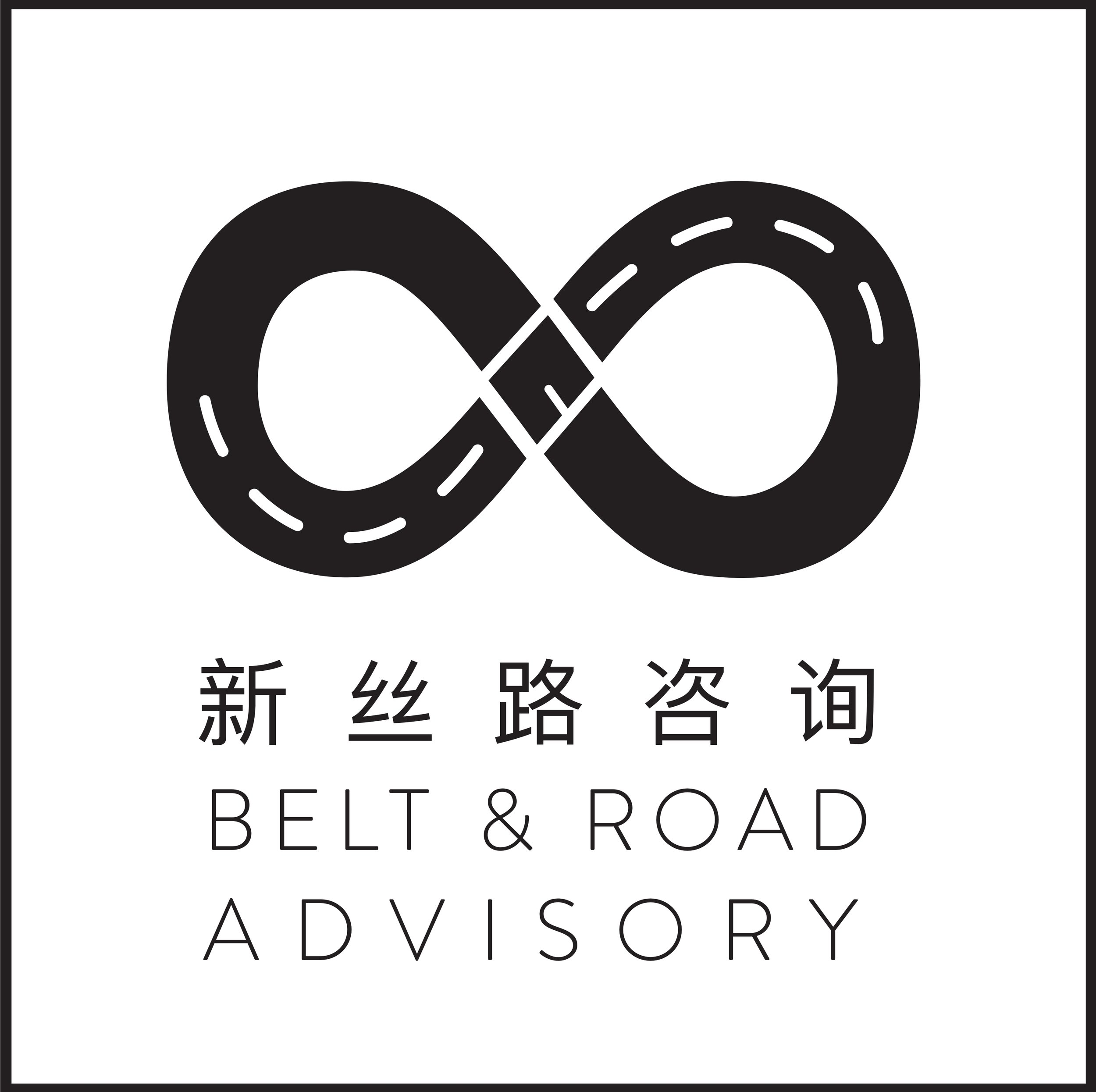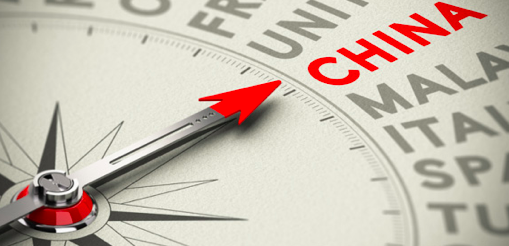Foreign SMEs should enter the Chinese market now: Here’s Why
Source: sampi.co
Large foreign multinationals have for a long time sought to break into the rapidly growing Chinese market. They have come in with varying degrees of success; the likes of KFC, Jaguar Land Rover and Airbus being some of the biggest beneficiaries of China’s ascendancy to a middle income country. However, small and medium size enterprises (SMEs), without the financial resource or contacts to build strong government affairs divisions in China, have long struggled with the Chinese market. Very few foreign SMEs have succeeded in China.
If they even think about entering Chinese market, many foreign SMEs reject the China opportunity outright. We have spoken to countless SMEs around the world who complain that China’s business environment is too complex; too many regulations, too little guidance and too many risks – even after weighing up the potential size of the China market, they ultimately decide to reject the opportunity.
This is a loss for both those SMEs, and indeed for the Chinese consumer. As the Chinese consumer base grows, so does its demand for imports. But becuase of the overly complex business environment, Chinese consumers miss out on some of the most innovative products around the world that could be provided by SMEs.
At the Belt and Road Advisory, part of our offer is to use our on-the-ground networks and longstanding experience in China to help foreign SMEs break into the Chinese market. Whilst it does not often get reported by international media, we have in the past year noticed an improvement in China’s business environment. These efforts have been spearheaded by Premier Li Keqiang and involve cutting red tape, reducing taxes, improving customs clearance times and reducing the documentation required to set up a business.
Foreign media outlets will often tell you this is all rhetoric and in reality actions are not keeping pace. It perpetuates the sense that China is a quagmire to navigate for foreign business.
We noticed a growing divergence between this foreign media narrative and the realities our clients were facing on the ground. Of course, problems still remain for our clients, but versus even a year ago, there has been a noticeable improvement. Processes have been streamlined, guidance is more often in English, local bureaus of the relevant ministries are more capable of implementing guidance that comes from the central government. One example is Hainan Province, which has just released a groundbreaking development plan that puts in place new favourable incentives for foreign business.
We were also pleased to see that these improvements have been recognised in the 2019 World Bank Ease of Doing Business Index released this week. The index is widely accepted as the most reliable indicator of how easy it is to do business across countries. This year, China saw a stunning improvement in its ranking to 46th place from 78th, representing its best ever ranking. It shows that when China devotes attention to a particular policy area, it can make improvements, and clearly make them very quickly.
To all those SMEs sceptical of the view that China’s business environment is improving, the World Bank announcement should encourage you to revisit your China market entry strategy. Jack Ma, Founder of Chinese e-commerce giant Alibaba, is one of the biggest proponents of foreign SMEs entering the Chinese market. Instead of rejecting the China opportunity outright, he has advised SMEs to think more carefully about the opportunities on offer. At Belt and Road Advisory, we are well positioned to help you on your China journey.
The backdrop could not be better either for SME market entry into China. China is seeking to open up, and the China International Import Exposition (CIIE) that will start on Monday is an important part of that trajectory. CIIE is the first of its kind and exclusively devoted to China’s desire for imports. China wants to show the world that it is opening up and President Xi Jinping is reportedly preparing major policy opening up announcements to be delivered at the Expo.
The opening up announcements are already coming in prior to CIIE, and serve as a “warm up” prior to the main event. This year China has already lifted joint venture requirements across certain sectors including aerospace and autos, reduced tariffs across more than 1500 goods (with the exception of bilateral tariffs with the US) and UNCTAD recently reported that China became the world’s largest recipient of inward investment in the first half of 2018. The World Bank Ease of Doing Business rankings add to this picture.
For these reasons, we believe that China is now more than ever a compelling proposition for foreign SMEs. First mover advantage is still there to be seized. Act now.

